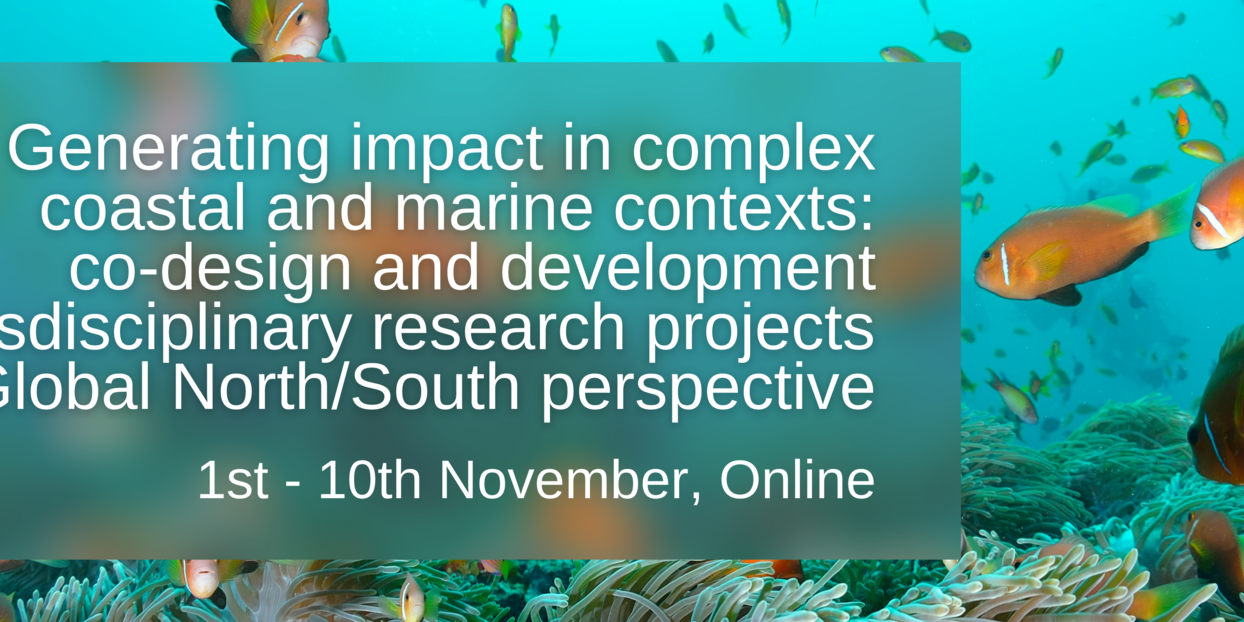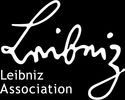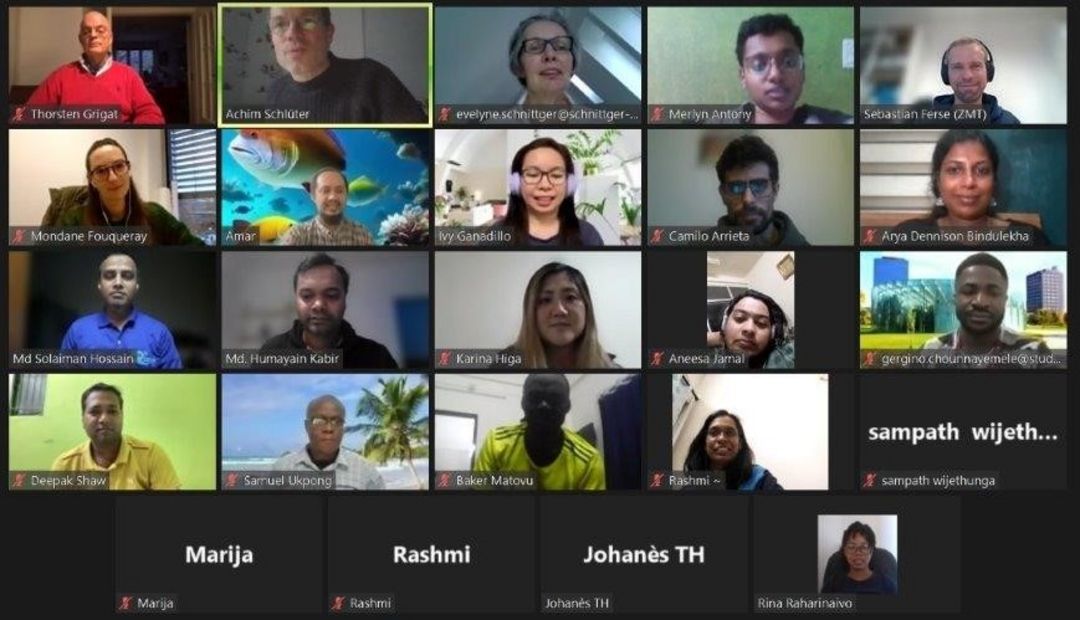
Monsoon School 2023
Monsoon School/Summer School 2023: "Generating impact in complex coastal and marine contexts: co-design and development of transdisciplinary research projects in a Global North/South perspective"
November 1st - 10th, 2023, online
From 1. – 10. November 2023, IOI partner Leibniz Centre for Tropical Marine Research (ZMT) successfully conducted a training course on the Co-design and development of transdisciplinary research projects in a Global North/South perspective. The course brought together around twenty enthusiastic participants from around the world, particularly from African and Asian countries, and focused on developing a transdisciplinary research project plan with a particular emphasis on societal impact. Participants were able to develop a thorough understanding of theoretical concepts, methods and practical application while directly applying the material in case studies of their choice. Topics covered include transdisciplinarity and transdisciplinary approaches, positionality and diverse perspectives, stakeholder mapping and engagement, impact planning, equitable research collaboration and participation, conflict management and work in conflict environments, effective science communication and evaluation of transdisciplinary projects.
This training course (a "Monsoon School") was organized by the Leibniz Centre for Tropical Marine Research (ZMT) in collaboration with the International Ocean Institute Germany (IOI). It was the second iteration, after a very successful first run in 2022, and took place from November 1 to 10, 2023, with further support by the Leibniz Research Alliance "Science for Sustainable Development", the LeNa Shape project (Research in Social Responsibility - Design, Impact Analysis, Quality Assurance), the Western Indian Ocean Marine Science Association (WIOMSA), and Future Earth Coasts (FEC).
The course addressed the development of a transdisciplinary research project plan with a particular focus on societal impact, and combined theoretical lectures with practical examples and group exercises for a total of 34 hours of coursework. The course, which included international experts from academia and practice as lecturers, allowed participants to develop a thorough understanding of theoretical concepts, methods and practical applications while directly applying the material in case studies of their own choosing, which were proposed by the participants themselves. Topics covered included transdisciplinarity and transdisciplinary approaches, positionality and diverse perspectives, stakeholder mapping and engagement, impact planning, equitable research collaboration and participation, conflict management and work in conflict environments, effective science communication and evaluation of transdisciplinary projects. Participants exchanged ideas with the lecturers in interactive sessions and applied the topics they had learned to real-life case studies in daily group work accompanying the lectures.
The course brought together a group of experienced experts. The introduction and overview of the course was given by Prof. Dr. Achim Schlüter and Dr. Sebastian Ferse (ZMT Bremen). On the second day, Dr. Maraja Riechers (Thuenen Institute) and Dr. Louis Celliers (Climate Service Center Hereon) spoke about transdisciplinarity, concepts and methods. The third day focused on challenges in participatory work and dealing with different goals, perspectives and positions, with contributions from Dr. Dr. Guido Caniglia (KLI) and Jean-Emmanuel Rougier (LISODE). Research impact, theory of change and stakeholder engagement were the topics of the fourth day, with presentations by Prof. Dr. Mark Reed (Fast Track Impact) and Dr. Boru Douthwaite (Selkie Consulting). On the following day, presentations by Dr. Anja Bretzler (KFPE) and Prof. Dr. Samiya Selim (CSD-ULAB) addressed equitable research collaboration and navigating inequalities. On the sixth day, Dr. Ingrid van Putten (CSIRO) and Dr. Marion Glaser (ZMT) spoke about conflict management and research on conflict and in conflict environments. The final day of lectures featured Dr. Heath Kelsey, Nathan Miller and Ann Foo (all from IAN-UMCES), who provided training in effective communication between science and policy and showed ways to measure the success of transdisciplinary research projects.
Announcements for the course were disseminated through a variety of channels (besides IOI website and social media e.g. via ZMT social media and website, LfN Sustain website, Future Earth Coasts newsletter and social media and WIOMSA website). The course attracted interest from around the world, and nearly 50 people applied. Of these, 29 were selected based on their submissions and criteria such as thematic match, quality of application or diversity of participants. Some of those selected were ultimately unable to participate, resulting in a core group of around 18 participants. From several dozen ideas for case studies submitted by the applicants in the run-up to the course, five were selected based on the applicants' ranking, which were worked on by the participants in fixed individual groups during the course. The group work took place after the daily main lectures, with a final presentation of the case studies on the last day of the course.
Besides lectures and group work, the course was also accompanied by a dedicated internal blog, which was organized and supported by participants of the course from the previous year. The blog was used to additionally reflect on the course contents, and to interact with a wider group of peers interested in the approach of the course and the group of participants, but not taking place in the course itself.
The course received enthusiastic feedback from participants and lecturers. Several of the participants emphasized that this kind of training was unique and a rare opportunity for them, and mentioned that the course gave them new perspectives and skills and provided concrete ideas for projects they were currently working on. A number of the participants are subsequently in touch and exchange on opportunities for collaboration on social media and e-mail.
Find the Testimonials here.

